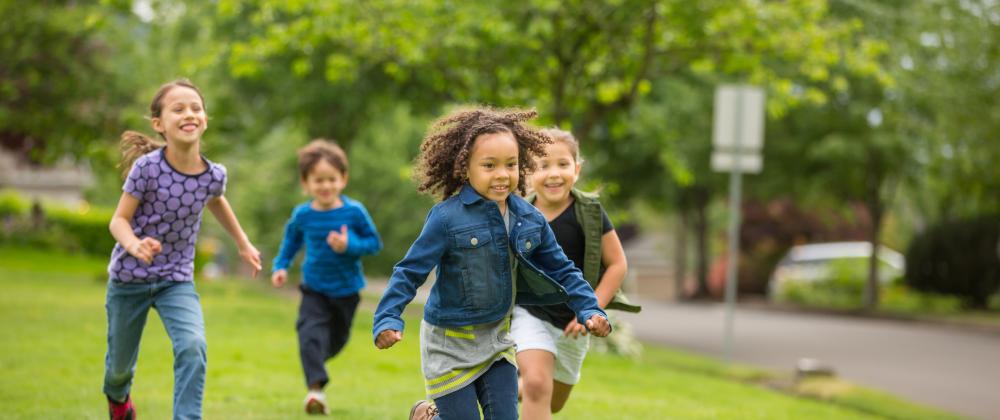The Good Childhood Report 2025

The Children’s Society has been carrying out research on children’s wellbeing for nearly two decades. This latest report is compiled from a range of sources – surveys, Young Advisor consultations, peer consultations and information from professionals that work with children.
Read on for a quick summary of some of the findings:
Rising prices was the public issue that children and young people most commonly worried about, which was the same finding as last year. Crime was their next most worried about public issue.
Children and young people were, on average, most happy with their family.
School was the area of life that children and young people were most commonly unhappy with. When asked about worries for the future, 43% of children and young people were ‘very’ or ‘quite’ worried about getting good grades at school or college. Young people highlighted the difference that supportive school staff can make, especially when those staff members are trusted, consistent, and show that they care.
Over 1 in 7 children aged 10 to 15 were unhappy with their appearance; for girls, this rose to more than 1 in 5, making it the area of life that they are most commonly unhappy with.
Young people and professionals both frequently discussed the importance of support being available for children and young people when they need it.
This report is a great basis from which to reflect upon your setting’s RSHE, safeguarding and pastoral provisions. Questions to ask yourself:
How does your setting engage with families and build upon them as an essential source of support for children and young people?
How is the child’s voice gained in your setting and how do children know they have been heard?
How much pastoral care is provided in relation to focus on exams and grades? How does your setting foster a sense of value and belonging for all, regardless of exams and grades
What arrangements are in place for the safeguarding team and the other relevant staff (for example mental health/wellbeing lead, Heads of Year, pastoral teams, school nurse (where present) to give time, resources and input regarding the RSHE curriculum and its potential impact on safeguarding arrangements in the school?
Is your whole-staff safeguarding training offer up to date and able to keep pace with the level of knowledge and understanding students will be gaining through their RSHE curriculum?
When considering wellbeing programmes, do they include support and reassurance around the issues of cost of living and crime and how your students are experiencing these issues?
Where are staff given the support and supervision they need, to help them be the supportive and attentive adults your students need?
Safeguarding Network provides support to over 1,000 supervisees with a mixture of 1-2-1 and group sessions across a range of 200 education organisations. Let us help you put high-quality, consistent supervision in place, because safeguarding the wellbeing of your team is just as important as safeguarding the children in your care.
Find out more about our bespoke supervision services
Sign up for our free safeguarding Bulletin
Interested in membership?
Join over 3,500 DSLs and nearly 40,000 staff in 1,500 education settings receiving high value support, consultancy and the tools you need to keep the children in your care safe.
Shopping cart
Action Required
